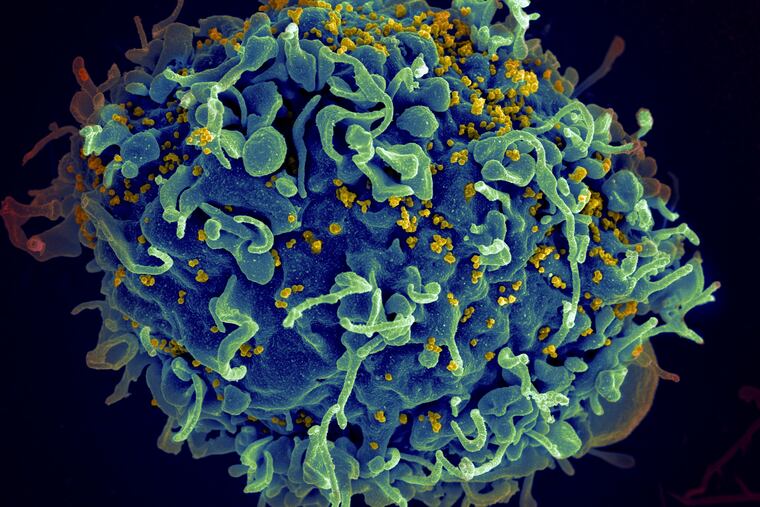Access to ‘morning after pill’ for HIV expanding in Philadelphia’s suburbs
A rise in sexually transmitted diseases nationally is prompting Planned Parenthood to increase access to the HIV prevention treatment.

Planned Parenthood is expanding suburban access to a treatment that can significantly reduce the risk of contracting HIV after a sexual encounter.
Next month, Planned Parenthood and AHF Pharmacy expect to offer home delivery of a morning-after HIV treatment called post-exposure prophylaxis, (PEP) in Chester, Delaware, and Montgomery counties, and Philadelphia, said Brandon Rooks, a spokesperson for Planned Parenthood of Southeast Pennsylvania.
The organization is a national abortion provider, but the majority of its patients come for routine exams, tests for sexually transmitted diseases, contraception, and other reproductive health services.
PEP is an antiretroviral drug that can reduce the risk of contracting HIV, which causes AIDS, by roughly 80%. To be effective, treatment with PEP must begin within 72 hours of exposure to HIV, and the drug must be taken for 28 days. Used as an emergency measure after exposure to HIV, the drug is different from PrEP, which is taken daily by people at risk of exposure to HIV to prevent infections.
» READ MORE: Remember monkeypox? Virus in retreat, but Philly needs more vaccinated to preclude a rebound
There are nearly 50 Philadelphia providers that offer PEP, according to the Philadelphia Department of Public Health, but access is more limited outside the city, according to Pennsylvania Department of Health. The state’s database list two clinics, in Sharon Hill and Chester, that provide it. The medication is also available at pharmacies with a prescription.
“Saying ‘we do PEP care outside of Center City’ is incredible news,” said Dusty Latimer, a physician’s assistant at Philadelphia’s Mazzoni Center, a clinic focused on health care for LGBTQ populations that also offers PEP.
Currently, a person seeking PEP treatment can get a prescription at a Planned Parenthood clinic, but must get it filled elsewhere. By mid-March, Planned Parenthood clinics in Coatesville, Media, Norristown, Pottstown, Upper Darby, and West Chester, as well as locations in Center City and on Castor Avenue in Northeast Philadelphia, will provide the drug to patients through overnight delivery.
Planned Parenthood clinics can provide the drug without a previously written prescription and price it on a sliding scale based on patients’ income, Rooks said.
Planned Parenthood explored making it easier to get PEP in response to rising cases of syphilis and gonorrhea, harbingers of increased HIV infections, said Rooks, director of marketing for Planned Parenthood of Southeast Pennsylvania
“When there’s a spike in those STI rates the next thing is going to be a spike in HIV rates,” he said.
Planned Parenthood’s clinics in the southeastern part of the state reported a nearly 29% increase in people seeking HIV tests from 2020 to 2021, a nearly 37% increase in syphilis tests, and a 35% increase in gonorrhea tests, Rooks said.
» READ MORE: A new Pa. law is giving doctors greater freedom to treat people with sexually transmitted diseases